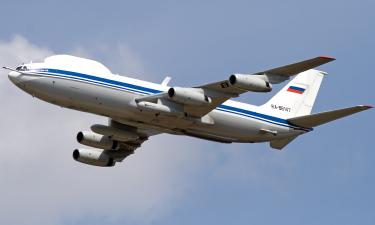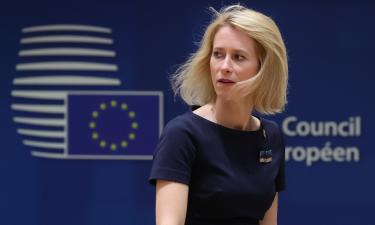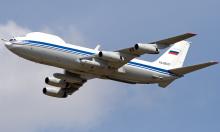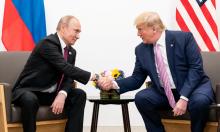Venezuela: Referendum Bid Fades, as Opposition Divides
As the scheduled date for a recall on President Chavez's mandate approaches, there are no signs that the vote will take place
Once powerful and combative, opponents of
This week, a crowd of 10,000 people went to streets of
First of all, 20 percent of the electorate must sign a petition calling for the recall, this has not happened. Also,
Claiming that his support is solid, Chavez has repeatedly said that he is ready to face the recall. However, it is far from certain that the recall vote would fail if held as opinion polls show that only 40 percent of the population supports his presidency. The problem is that the divided opposition has not yet found a political figure to challenge Chavez.
Instead, personal rivalries among its leaders have divided the opposition that was close to toppling Chavez during the strikes of December and January. Moreover, the government has managed to revive the oil industry and stabilize the economy through special anti-market measures adopted to stop export of capital.
As he avoids recall referendum, the charismatic Venezuelan leader takes his time to re-organize the country and calls for national unity. "
Finally, Chavez heads a campaign to form a Latin American political alliance to deal with international affairs and has earned sympathies from regional leaders such as
Subscribe to Pravda.Ru Telegram channel, Facebook, RSS!




